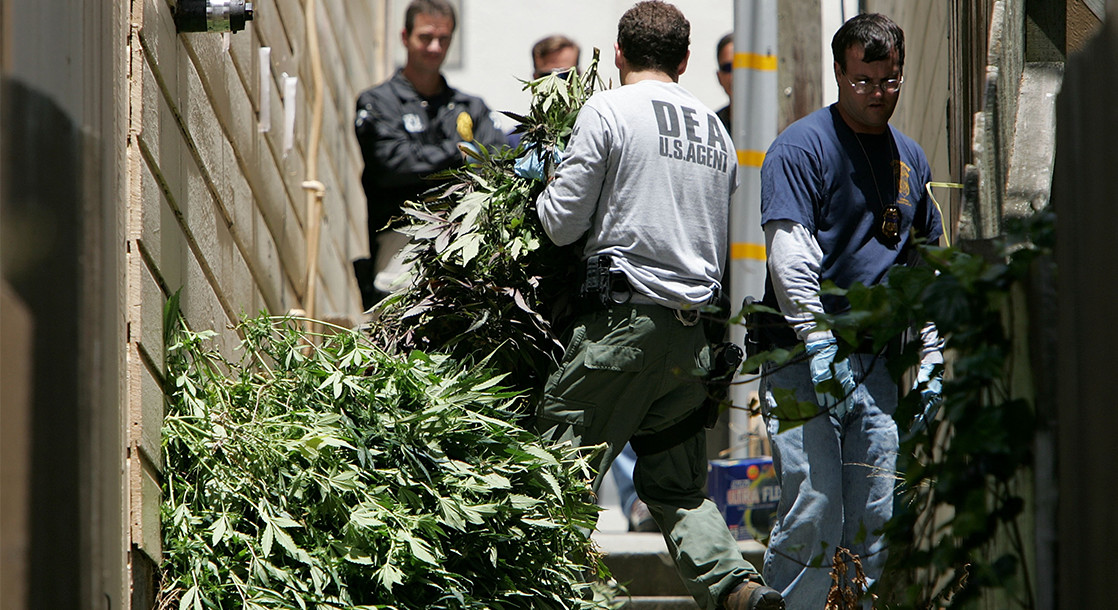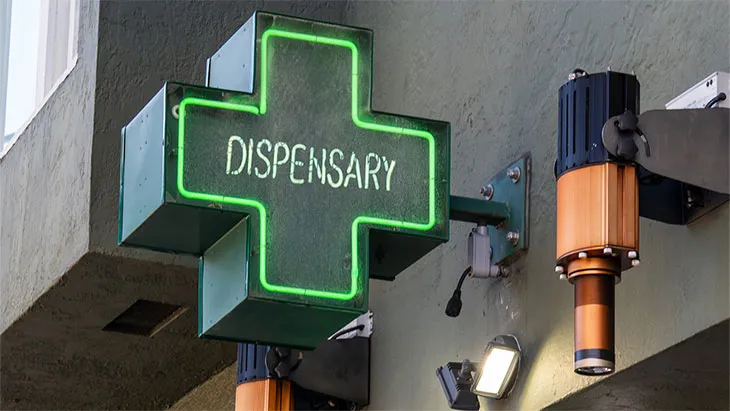It’s no secret that there are glaring discrepancies between federal laws and state laws, and this extends to the legality of medical and recreational cannabis. US Attorney General Jeff Sessions seems to have made persecuting both marijuana users and businesses his mission statement, effectively blocking federal research and shrouding the legal pot market in ominous uncertainty. A recent ruling from the 10th U.S. Circuit Court of Appeals in Colorado is threatening to place yet another obstacle in the path of the budding industry.
An investigative piece written by Amanda Chicago Lewis for Rolling Stone takes an in-depth look at the impact of this major legal precedent earlier this summer. After residents neighboring a cannabis farm filed a civil suit under a federal racketeering law, the court ultimately ruled that the "noxious odors" from the grow operation could be lowering property values and creating a nuisance.
There have been two lawsuits filed against cannabis farms that mention the Racketeer Influenced and Corrupt Organizations Act (more commonly known as RICO). The law has been utilized by Department of Justice since the ‘70s to help bring down organized crime syndicates (including the Mafia), and played a more recent legal role in the FIFA corruption scandal in 2015. This act allows private citizens to sue anyone they feel is committing a crime that is harming the value of their property or business.
Both of these court cases were funded by the anti-drug organization Safe Street Alliance. The ongoing civil suit was filed by Hope and Michael Reilly, a couple who claims that cultivation has caused the plant’s odor to invade and lower the value of property. A second case involving a Holiday Inn was settled back in 2015 for $70,000, and caused the marijuana business in question to shut down.
As a non-profit entity, the Safe Street Alliance is shrouded in mystery. It’s not publicly known who exactly is affiliated with the group or where their funding comes from. The attorney representing the organization, Brian Barnes, claims that the organization’s goal is "to set a precedent that this is a thing that can be done, and there are consequences for people in the marijuana business.”
Since cannabis remains illegal under federal law, the entire industry is potentially vulnerable to civil RICO suits. Some argue that marijuana grow operations should utilize good HVAC systems to keep the dank stench sealed off from the public. Others, like California attorney Henry Wykowski, acknowledge that this loophole could spark the downfall of legal pot.
"Things like this sort of take on a life of their own, and somebody who is obviously anti-cannabis has decided to push it. They think that this is the Achilles' heel. It is scary stuff. I just hope that the defendants get really good lawyers, because this could have an effect on the entire industry,” Wykowki said in the Rolling Stone article.
The impact that these RICO lawsuits will have on the cannabis industry remains to be seen, but could eventually cause many legally operating pot business to go under. The pending lawsuit involving the Reilly family will circle back to district court next year, but unless another appeals court issues a contradictory ruling and the Supreme Court decides to take the case on—both of which seem unlikely— the floodgates that are struggling to protect states with legal pot could soon collapse.











